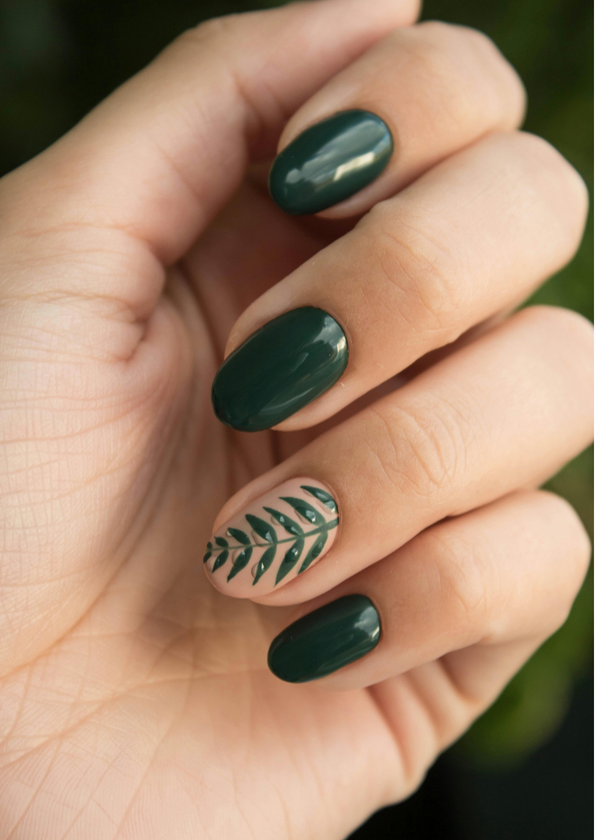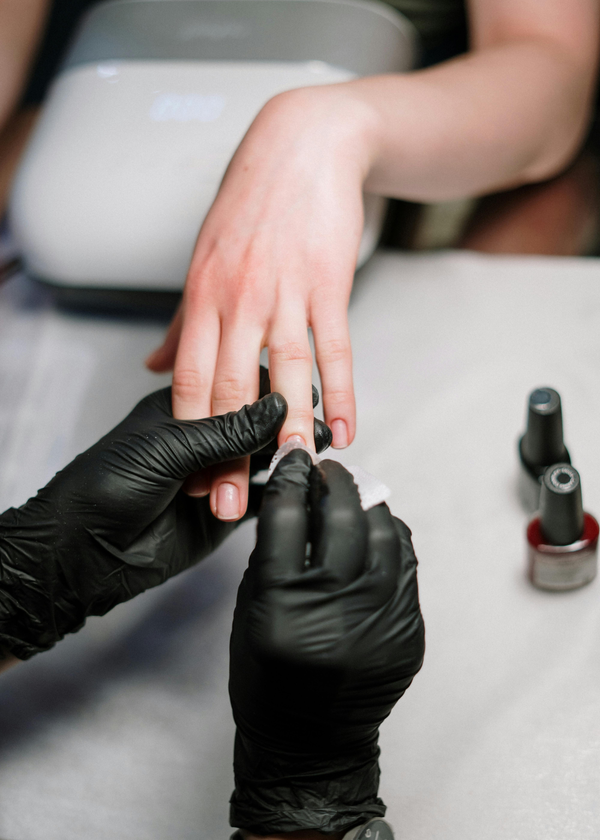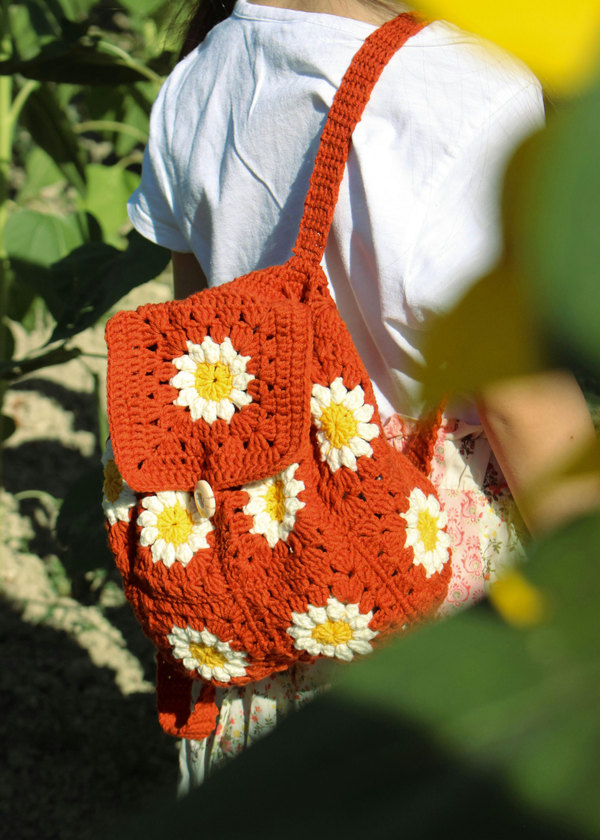Bubble tea, also known as boba milk tea, has become a global phenomenon, with its origins tracing back to Taiwan in the 1980s. This sweet drink, characterized by its chewy tapioca pearls, has garnered a dedicated following among young people and adults alike.
But amidst its popularity, a pressing question arises: is boba healthy or unhealthy? This article delves into the nutritional aspects of boba drinks to provide a comprehensive understanding of their health implications.
What's in Your Boba? A Look at Ingredients
Boba teas are traditionally made with a tea base, such as green tea or black tea, which is then mixed with milk or non dairy creamer and sweetened with sugar or sugary syrups.
The iconic boba tapioca pearls are made from tapioca starch, derived from the cassava plant. While the tea itself may offer more health benefits, the addition of sugar, creamer, and tapioca pearls can significantly increase the calorie counts and sugar content of the drink.
The nutritional content of boba milk tea can vary greatly depending on the specific ingredients used. For instance, opting for whole milk will increase the fat content, while using fruit juice or additional sweeteners can raise the sugar intake.
It's important to note that while tapioca pearls provide the unique chewy texture that boba is known for, they are almost completely devoid of any nutritional value and are high in carbohydrates.
The Calorie Conundrum in Boba Drinks
One cup of a standard boba drink can contain anywhere from 200 to 450 calories, with a significant portion of these calories coming from sugar. The boba calories primarily stem from the tapioca pearls and the sugary syrups used to flavor the tea. A study published in the journal Food Science & Nutrition found that sugar-sweetened beverages like boba milk tea are associated with an increased obesity risk and other health issues when consumed in excess.
When considering the calorie content, it's crucial to be mindful of portion sizes. Many boba shops offer large servings that can double the calorie counts and sugar content, turning a seemingly harmless treat into a calorie bomb. For those watching their diet, it's advisable to choose smaller sizes or ask for less sugar (half sugar or even less) to reduce the overall calorie and sugar intake.
The Sugar Saga: Assessing Boba's Sweetness
Sugar is a primary concern when evaluating whether boba is healthy or unhealthy. The sweet drink is often laden with added sugar, which can exceed the daily recommended limits with just one cup. Public health guidelines suggest limiting added sugars to reduce the risk of chronic diseases such as diabetes and heart health issues.
Boba drinks can be customized, and many shops offer the option to adjust the sweetness level. Choosing "less sugar" or "no sugar" options can significantly cut down the sugar content, making the drink a bit healthier. Additionally, some establishments provide alternative sweeteners or the ability to add natural flavors without added sugar, such as using fresh fruit instead of fruit juice concentrates.
Can Boba Fit into a Healthy Diet?
In moderation, boba can be incorporated into a balanced diet. The key is to be aware of the nutrition information and make conscious choices about what to include in your boba tea drink.
For example, selecting tea with more health benefits, like green tea, and avoiding sugary add-ons like pudding or additional fruit syrup can help maintain a healthier profile.
For those looking to enjoy boba without overindulging, consider sharing your drink with a friend, opting for smaller sizes, or treating it as an occasional indulgence rather than a daily habit.
Additionally, some boba shops may offer healthier alternatives, such as using tapioca flour that's lower in calories or offering add-ons that are more nutrient-dense.
The Role of Boba in Cultural Contexts
Boba has a significant cultural importance, particularly among Asian Pacific Islanders, where it is not just a drink but a part of social fabric and tradition. While health considerations are important, it's also essential to respect and appreciate the cultural heritage that boba represents.
Enjoying boba in its traditional form can be a way to connect with and honor this aspect of Asian culture.
However, it's still possible to enjoy boba while being mindful of health. Some consumers are creating homemade versions of the drink, allowing for complete control over the ingredients and sugar content.
This way, one can still partake in the cultural experience of drinking boba while making it fit into a health-conscious lifestyle.
FAQs
Q: How many calories are in a typical cup of boba tea?
A: A standard cup of boba tea can range from 200 to 450 calories, depending on the ingredients and serving size.
Q: Can I make boba healthier?
A: Yes, you can make boba healthier by choosing tea with more health benefits, like green tea, asking for less sugar or no sugar, opting for smaller sizes, and avoiding high-calorie add-ons.
Q: Is it okay to drink boba if I'm on a diet?
A: Boba can fit into a diet if consumed in moderation and with careful consideration of the ingredients and portion sizes. Treat it as an occasional indulgence and make healthier choices when customizing your drink.
Summary
Boba, or bubble tea, is a beloved beverage that can be both a delightful treat and a source of dietary concern. Its healthiness largely hinges on the choice of ingredients and the amount of sugar and calories it contains.
By being informed about the components of boba and making mindful choices, it's possible to enjoy this drink without compromising one's health. Remember to consider portion sizes, opt for less sugar, and be aware of the nutritional content to make boba a more healthful indulgence.








